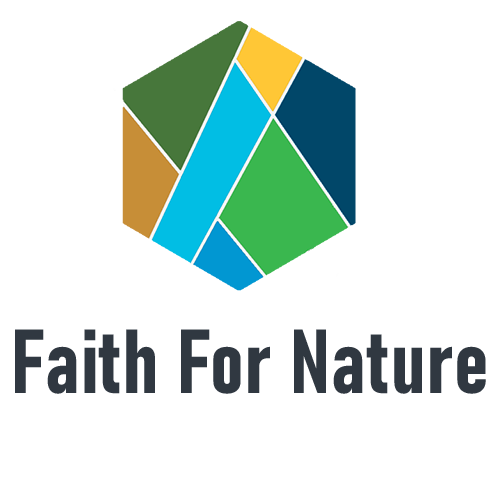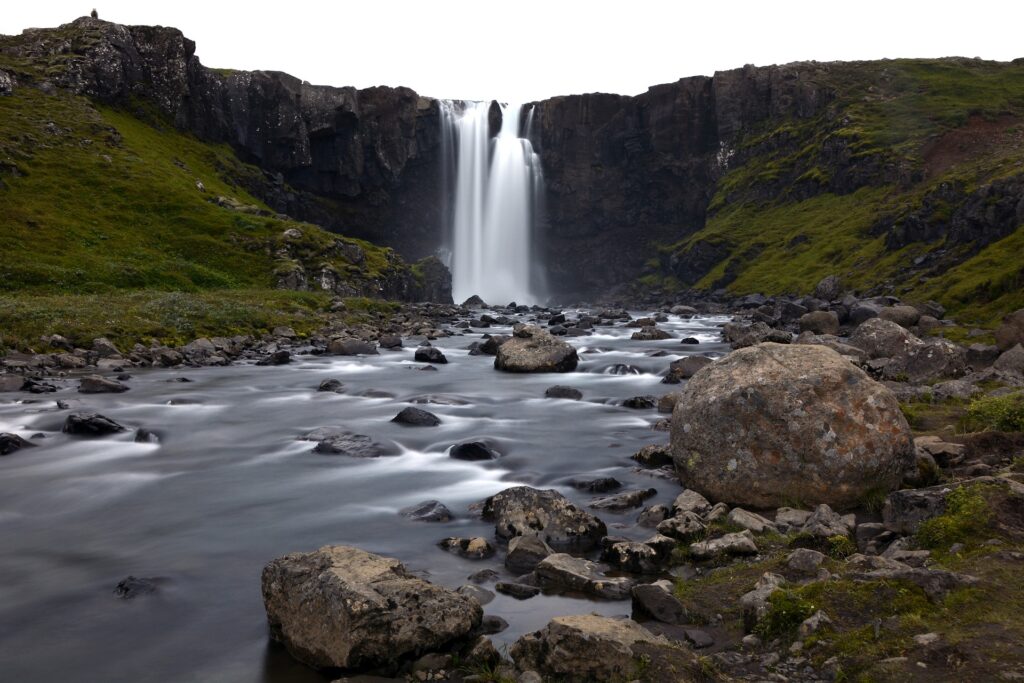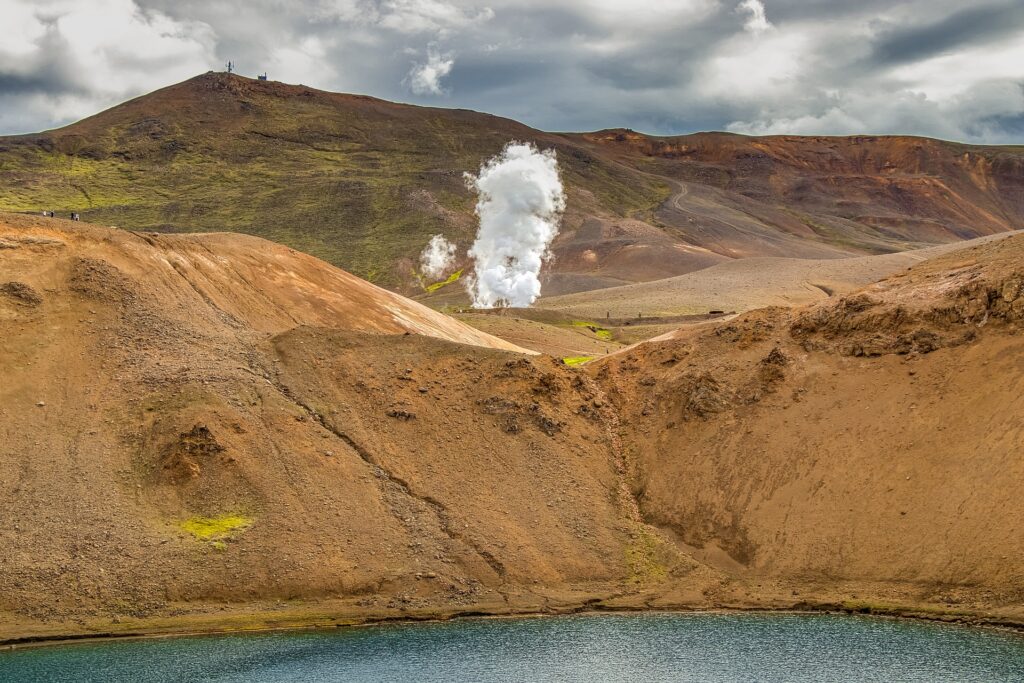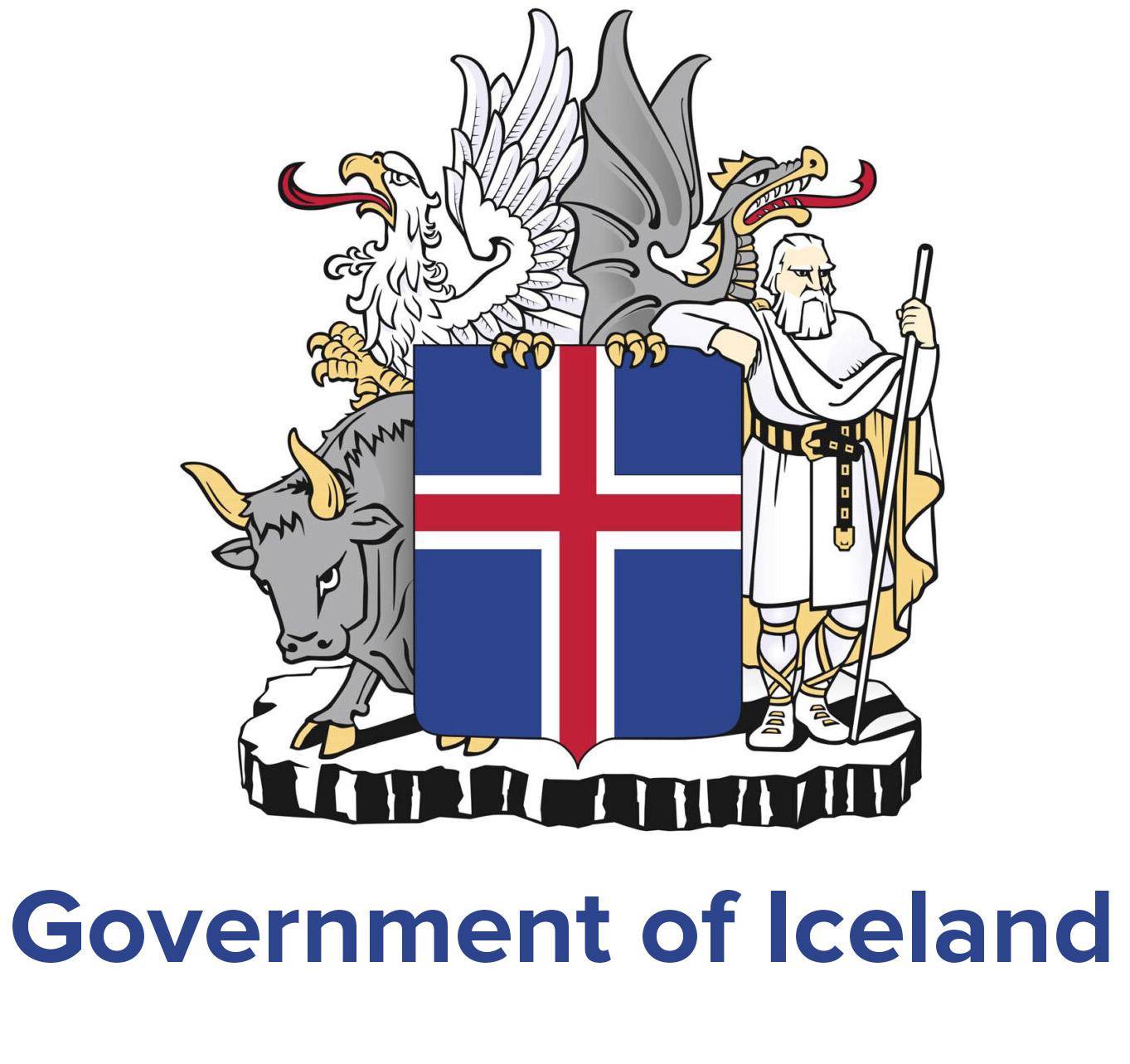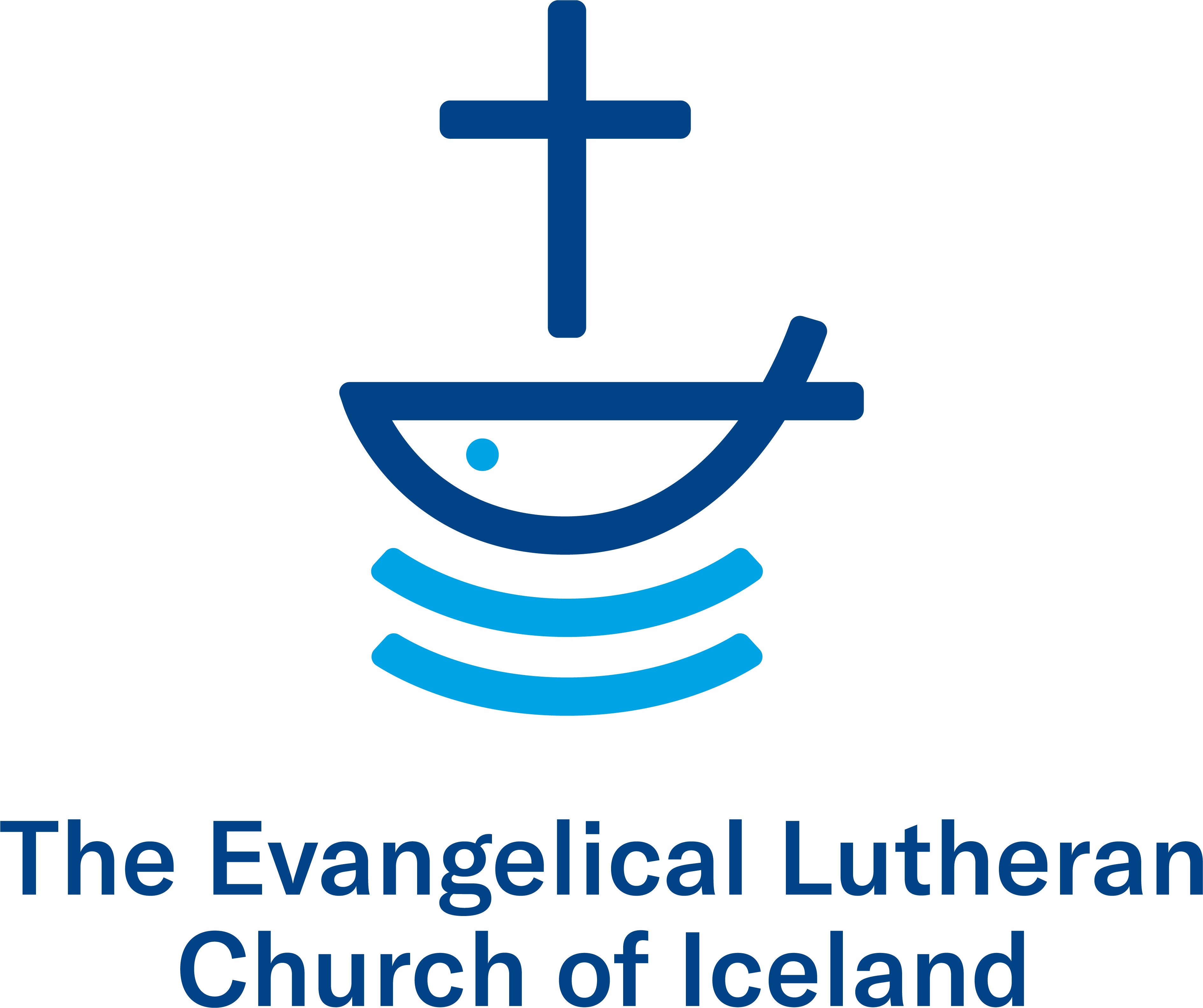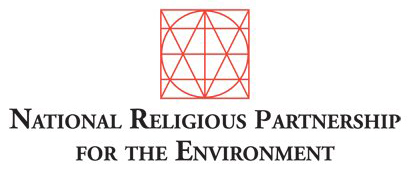Why faith?
Faith For Nature: Multi-Faith Action
The overarching strategy for the Sustainable Development Goals (SDG) is captured by the “P” principles of People, Planet, Prosperity, Peace and Partnerships. The last principle, also enshrined in SDG 17, recognizes that these global goals can only be achieved by engaging and empowering stakeholders, mobilizing partnerships with diverse capabilities, and engaging untapped innovative approaches.
While faith-based organisations (FBOs) and faith actors have been providing much needed socio-economic support at all levels to people in need over the centuries and been engaged on environmental issues over several decades, their effort in respect of the environment remains fragmented and with limited engagement on policy.
The potential benefits of structurally and systematically involving FBOs and religious actors in working for the SDG is considerable. Spiritual values drive more than 80% of the people living on earth, giving faith leadership perhaps unparalleled capacity to influence individual behaviours. FBOs are close to their communities which see them as being trustworthy with a high level of credibility. This combined with the local networks and dynamism of FBOs enables them to generate action and achieve results in the communities where they operate. Globally, FBOs manage 50% of schools, run more media channels than the whole of the European Union and are considered the fourth largest group of investors worldwide. Some individual faith-based aid agencies have country programs with larger budgets than the government ministries to which they relate.
Perhaps most importantly, faith connects directly with and forms the basis of people’s values. The organizers hold the view that the root causes of climate change and other sustainable development challenges emerge from human fallacies and cannot be addressed by technology alone. People need to be reached close to their hearts and inspired to take collective action to protect our shared planet. Faiths define human relationships with the environment and advance values calling for sustainable living. This includes seeing humans and nature as an integral whole; the intrinsic value in nature; serving as stewards of Earth’s resources; the importance of balance; ecological justice based on consciousness of the oneness of humanity; compassion towards all sentient beings including plants and animals; and leading a virtuous life through respect for the planet. The diversity of such values allows faith actors to connect with people regardless of culture and context.
Faith for Nature: multi-faith action
Inspired to take collective action to protect our shared planet
